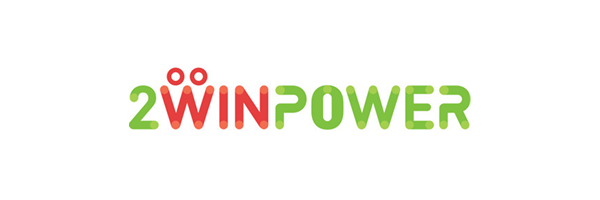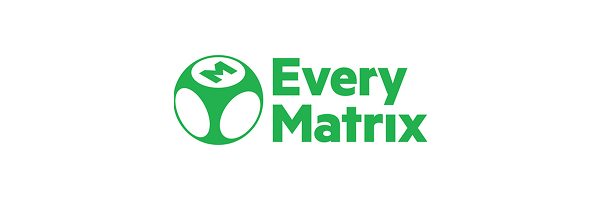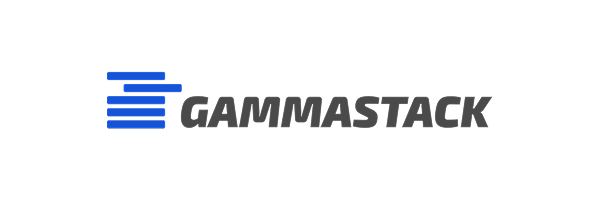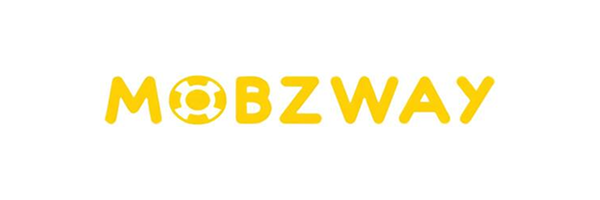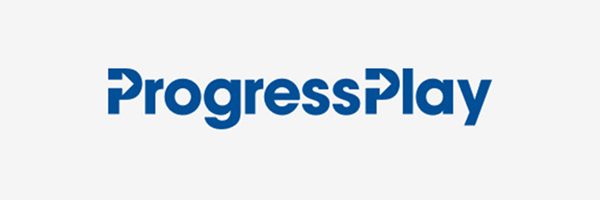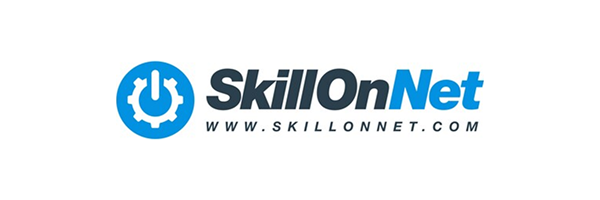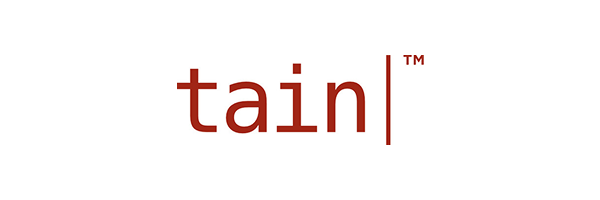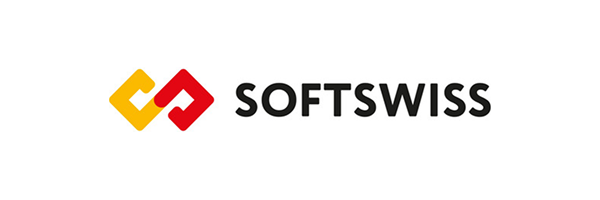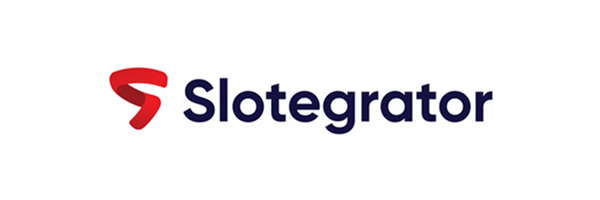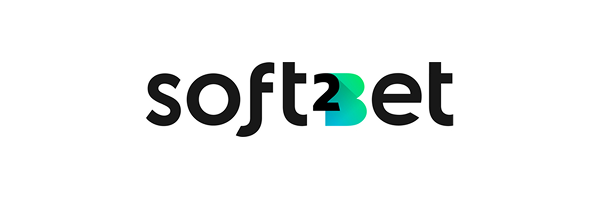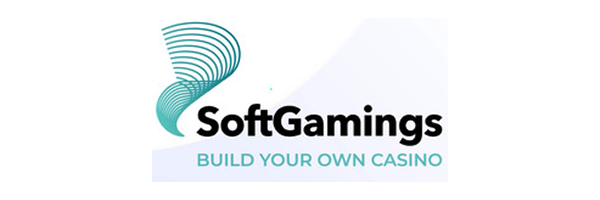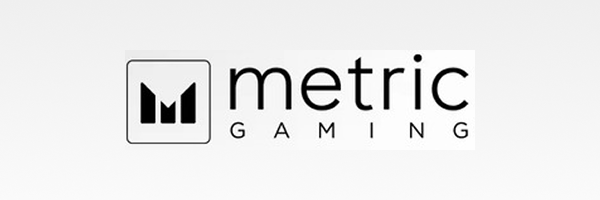What are Self-Service Casino Solutions?
Self-service casino solutions are a mix of hardware and software that enable guests to perform tasks – cash a TITO ticket, place a bet, enroll in loyalty, or even check-in to a hotel – without waiting for staff. A self-service kiosk can print gaming vouchers, load cashless wallets, print player cards or accept sports wagers. IGT alone has deployed more than 75,000 lottery and gaming terminals worldwide.
Market studies value the broader kiosk category at US $43.6 billion by 2030, and sports-betting kiosks alone should top US $2.95 billion in the same period. Operators who deploy these tools report shorter wait times, higher spend per visit and stronger data for real-time decisions.
How They Fit into a Gaming Business
- Replace manual cages with ticket-redeem stations
- Offer a self-service way to legally place sports wagers on property
- Act as an on-prem amenity for food, beverage and hotel reservation steps
- Tie into player-tracking for real-time promotion offers
Types of Self-Service Casino Solutions
Various types of self-service solutions helps operators select the right technology mix for their specific needs and customer preferences. Below are the most common categories:
Financial & Ticketing Kiosks
These stations handle cash, vouchers and transaction audits. Everi’s ticket redemption line remains a top seller despite cyclical hardware demand.
Sports Betting Kiosks
A self-service sports betting pod lets patrons wager during peak events without queuing at a teller. Caesars will supply 53 kiosks across Washington D.C. retailers this year.
Loyalty & Promotion Stations
Aristocrat and Everi offer kiosks that print cards, issue free-play coupons and upsell dining – helping operators personalize the in-club customer experience.
Food & Beverage Kiosks
GRUBBRR reports that its units cut ordering lines and boost average ticket by up to 40% thanks to built-in upsell prompts.
Mobile & Virtual Touchpoints
Combine mobile apps with virtual concierge chat to let guests order chips or book spa slots from the tables, extending the same philosophy beyond fixed machines.
Benefits of Implementing Self-Service Solutions
The advantages of self-service casino solutions directly impact both operational efficiency and customer satisfaction.
Shorter Lines, Happier Guests
IndustryARC links kiosks to quicker throughput, which lifts satisfaction scores by double digits. Resorts Atlantic City saw the majority of sports-book handle come from self-service units in week one
Higher Spend and Upsell Potential
Built-in prompts steer patrons toward add-ons, add drinks or buy high-denom slots – raising average spend. Operators using Novomatic ActionBook noted kiosk-driven handle dominance
24/7 Availability & Flexibility
Machines never call in sick, which helps eliminate service gaps and gives management the flexibility to redeploy staff to high-touch roles.
Rich Data & Insight
Real-time dashboards feed operational monitoring, inventory checks and play trends, providing actionable insight for marketing teams.
Key Features of Self-Service Casinos
Below are the elements you’ll want on your checklist.
User-Friendly Interface
A large touchscreen interface plus multi-language support guides first-time users smoothly through the flow.
Secure Payment Options
EMV, NFC and TITO are standard. Ticket-in/ticket-out systems cut coin handling and shrink fraud risk.
Loyalty & Promotion Tools
Swipe, print and redeem offers in seconds, reinforcing repeat visits and letting patrons customize rewards to their preference.
Monitoring, Inventory & Automation
Cash recyclers, note acceptors and real-time inventory alerts pair with staff-side dashboards to streamline replenishment and automate low-value tasks.
Who Develops Such Solutions?
The self-service casino solution market features several specialized providers offering comprehensive technology platforms designed specifically for gaming operations. Below you’ll find the major categories of suppliers, with a brief overview under each.
Established Gaming Providers
Everi, IGT and Novomatic deliver end-to-end cash access, jackpot processing and sports modules. IGT PlaySports just added three Golden Nugget sites in Nevada.
Specialist Kiosk Vendors
Glory Global focuses on cage cash handling, while GRUBBRR targets F&B ordering. Glory stresses cash security and staff redeployment gains.
Sportsbook Platform Firms
Kambi, ISI and others embed kiosks inside a modular tech stack. ISI’s Spirit Lake deal includes 20-inch touch units on the gaming floor.
Self-Service Casino Cost
Costs on reviewed solutions vary significantly based on solution complexity, customization requirements, and deployment scale. Here are we highlighted the typical costs for them:
| Cost Bucket | Typical Range | Notes |
|---|---|---|
| Kiosk Unit | US $8k–30k | Screen size, note recycler, ID scanner |
| Licensing & Support | 8–15% of hardware | Annual, covers updates & SLA |
| Processor or Network Fees | 0.75–2.5% of handle | Sports and cash transactions |
| Install & Training | US $1k–3k per site | Varies by existing systems |
Hardware & Setup
Cutting-edge kiosk technology such as high-speed note recyclers raises upfront spend but slashes daily fills.
Software, Automation Platforms & Processing
Vendors often bundle menu builders, AML checks and automation platforms in subscription form, billed monthly.
ROI Example
Caesars expects D.C. kiosks to go live for under US $4 million and pay back within 18 months at current handle trends. But on average, most operators achieve positive ROI within 18-36 months depending on many factors.
Conclusion
Self-service tools give operators a practical path to better margins and sharper guest satisfaction. By mixing kiosk solutions with mobile and loyalty apps you can run an end-to-end floor that serves guests more quickly than human-only models, captures extra spend and gathers data to refine every gaming experience.
Ready to add that edge? Reach out to iGamingX and we’ll help you compare offers, negotiate contracts and get live faster than your competitors.


